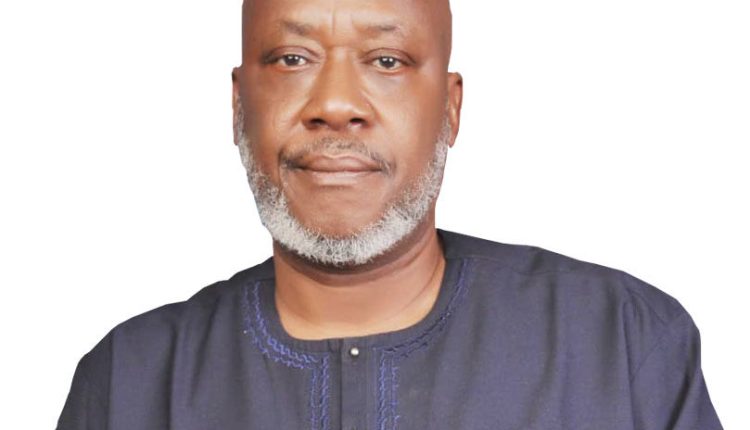Maureen Aguta
Transtech Industrial Consultin, an automotive replacement parts company, Transtech Industrial Consulting has urged government to pass the National Automotive Industry Development Plan (NAIDP) as amended into law to imbue investor confidence in the sector.
The Chief Executive Officer, Transtech, Mr Luqmam Mamudu, made the appeal at the maiden edition of the Nigeria Auto Industry Summit on Thursday in Lagos.
The summit organised by the Nigeria Auto Journalists Association (NAJA) in collaboration with the National Automotive Design and Development Council (NADDC) had the theme: ‘Developing Nigeria‘s Economy through the Auto Industry.’
Aimed at engendering rapid increase in the local production of vehicles, the Federal Executive Council (FEC) in May 2023, approved the NAIDP.
The system however is expected to generate one million jobs and enforce patronage of locally produced vehicles by government and companies working on government contracts.
Mamudu, former director of NADDC, said that restriction on the inflow of used vehicles must be well managed to ensure balance between industry needs and consumer preference for Nigeria to reap automotive industry benefits.
“The Federal Government through the Federal Ministry of Industry Trade and Investment must negotiate with countries or regions from which these dirty vehicles originate.
“Also, all imported used vehicles including salvage must be accompanied by certificates of integrity by originating countries,” he said.
He also recommended that automotive suppliers’ parks as provided for under NAIDP must be realised and prioritised.
Mamudu said that the zero differential between import of fully built commercial vehicles which presently stands at 10 per cent must be reviewed.
“This was smuggled into the NAIDP programme without consultation with the industry,” he said.
Mr Benedeth Ejindu, Board member, Nigeria Automobile Manufacturers Association, also stressed the need for the NAIDP to be signed into law to reposition the automotive industry for economic growth and development.
According to Ejindu, there is also the need to develop and implement an automotive raw materials development and component manufacturing masterplan.
“There is the need to revive tyre, battery, and glass manufacturing as a precursor to revamping local manufacture of welded parts (exhaust system, seat frames), elect Parts (batteries, trafficators, wiring harness).
“Others are plastic and rubber parts such as tyres, tubes, fan blades, seat foam, oil seals, radiator, cables, filters, brake pads/linings, windscreens, side glasses, fibre-glass parts and paints,” he said.


